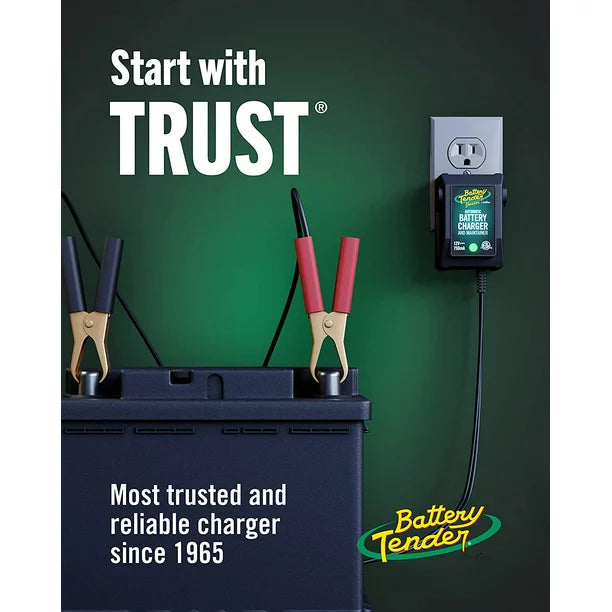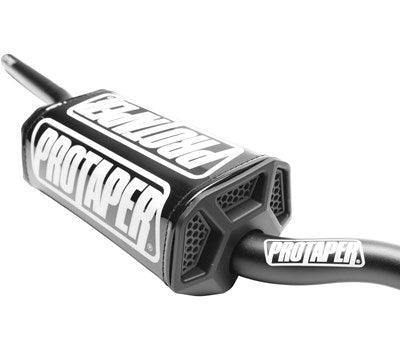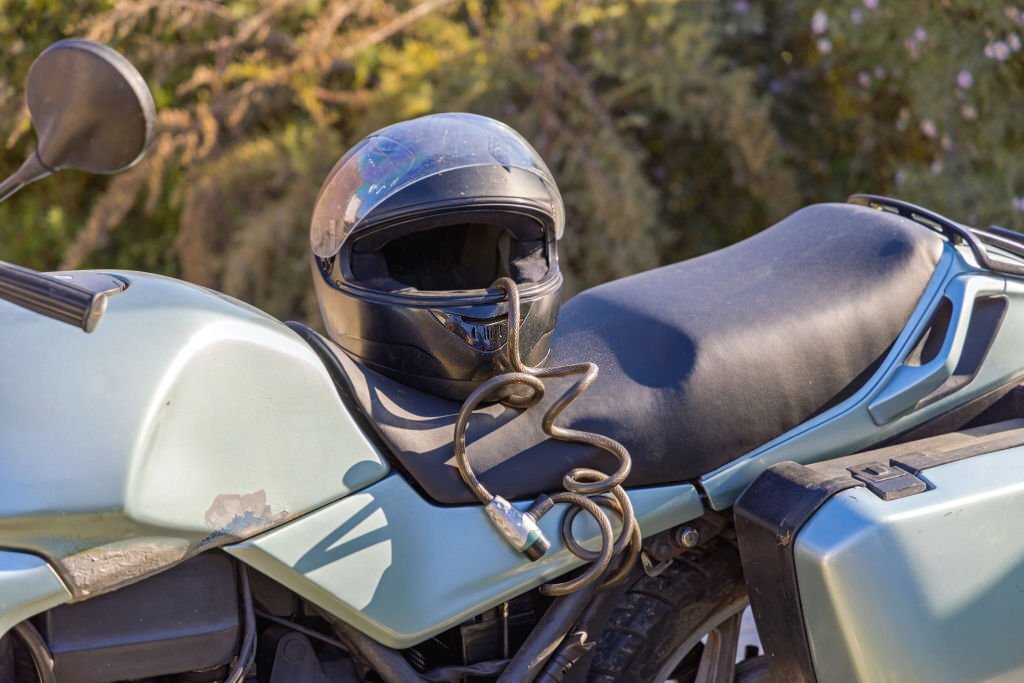Essential Tips for Motorcycle Battery Care
As motorcycle enthusiasts, you know that your bike's battery is the lifeblood of it's electrical system. Proper care and maintenance of your motorcycle battery are essential to ensure its longevity and optimal performance. In this article, we will explore some valuable tips to help you take care of your motorcycle battery and keep it in excellent condition.
1. Choose the Right Type of Battery
When it comes to motorcycle batteries, there are different types available, such as conventional lead-acid batteries and maintenance-free AGM batteries. Each type has its advantages and considerations. Consider factors like durability, maintenance requirements, and performance when selecting the right battery for your bike. You can explore a wide range of motorcycle batteries here.
2. Keep the Battery Terminals Clean
One of the primary culprits of battery-related issues is dirty or corroded terminals. Regularly inspect and clean the battery terminals to ensure a proper connection. Use a mixture of baking soda and water to clean the terminals gently. After cleaning, apply a thin layer of petroleum jelly to prevent corrosion and promote better conductivity.
3. Check Electrolyte Levels (For Conventional Batteries)
If you have a conventional lead-acid battery, it's important to check the electrolyte levels regularly. These batteries usually have removable caps, allowing you to access the cells. Ensure that the electrolyte levels are above the minimum level indicated on the battery. If necessary, top up the cells with distilled water to the appropriate levels.
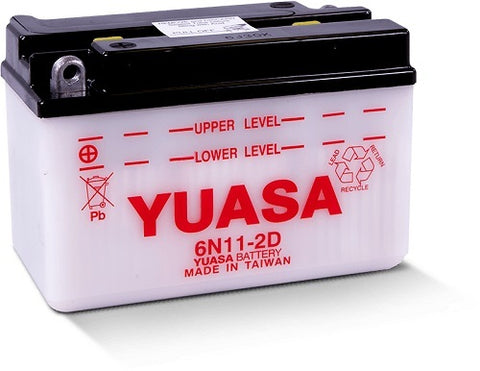
4. Charge the Battery When Needed
To keep your motorcycle battery healthy, it's crucial to charge it appropriately. If you notice signs of a weak or dead battery, such as difficulty starting the bike or dim lights, it's time to recharge it. Using a reliable motorcycle battery charger like this one, connect the charger to the battery and follow the manufacturer's instructions. Avoid overcharging the battery, as it can shorten its lifespan.
5. Practice Regular Battery Maintenance
Performing routine battery maintenance is key to prolonging its life. Check the battery for any signs of damage or leaks. Inspect the wiring and connections to ensure they are secure and free from corrosion. Additionally, keep an eye on the battery's overall condition and replace it if you notice any significant deterioration.
6. Trickle Charge the Battery
If your motorcycle will be sitting idle for an extended period, consider using a trickle charger to maintain the battery's charge level. Trickle chargers deliver a low, steady charge that helps prevent self-discharge and keeps the battery in good condition. However, it's important to follow the manufacturer's guidelines and avoid leaving the charger connected for an excessively long time.
7. Understand the Lifespan of a Motorcycle Battery
The lifespan of a motorcycle battery can vary depending on various factors, including usage, maintenance, and environmental conditions. On average, a well-maintained battery can last anywhere from two to five years. Regularly monitor your battery's performance and be prepared to replace it when it shows signs of deterioration or fails to hold a charge. Most of the batteries we sell hold a 1 year warranty, unless stated like some Yuasa have a 2 year warranty.

8. Avoid Common Battery Killers
Certain factors can contribute to premature battery failure. Extreme temperatures, both hot and cold, can affect a battery's performance and longevity. Additionally, leaving lights or accessories on when the bike is not in use can drain the battery. Take necessary precautions to protect your battery from these common killers.
9. Protect Your Battery from Extreme Temperatures
Extreme temperatures can have a significant impact on your motorcycle battery's performance. Both extreme heat and cold can lead to faster self-discharge and reduce the battery's overall lifespan. Whenever possible, park your motorcycle in a shaded area to protect it from direct sunlight. If you live in an area with harsh winters, consider using a battery tender or storing the battery indoors during the colder months.

10. Avoid Overlooking the Importance of a Fully Charged Battery
While it may seem obvious, it's crucial to ensure that your motorcycle battery is fully charged before embarking on a ride. A fully charged battery provides the necessary power to start the engine and run all the electrical components smoothly. Make it a habit to check your battery's charge level before heading out. If needed, use a reliable battery charger to top it up to full capacity.
11. Know When It's Time to Replace Your Battery
No matter how well you maintain your motorcycle battery, there will come a time when it needs replacement. As batteries age, they lose their ability to hold a charge and provide consistent power. Pay attention to signs such as slow cranking, dimming lights, or a battery that fails to hold a charge even after recharging. When these signs become frequent, it's a clear indication that it's time to invest in a new motorcycle battery. Browse through a selection of high-quality batteries here.
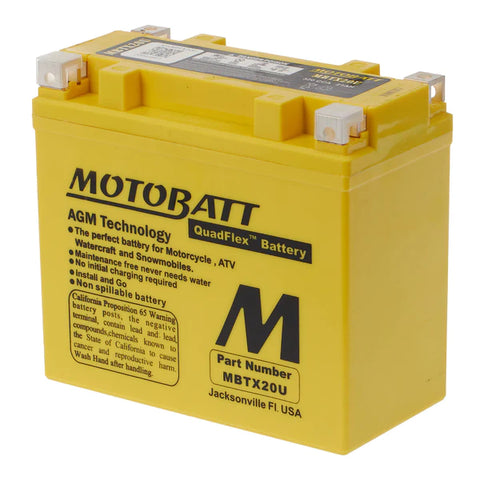
12. Consider the Benefits of AGM Batteries
AGM (Absorbent Glass Mat) batteries are becoming increasingly popular in the motorcycle world for their numerous benefits. AGM batteries are spill-proof, maintenance-free, and offer excellent vibration resistance, making them an ideal choice for motorcycles. They also have a longer lifespan compared to conventional lead-acid batteries. If you're looking to upgrade or replace your battery, consider exploring AGM battery options like these.
13. Ensure Proper Storage of Spare Batteries
If you keep spare batteries on hand, whether as backups or for other purposes, it's essential to store them correctly. Store batteries in a cool, dry place away from direct sunlight. Make sure they are kept in a well-ventilated area, as some batteries emit gases during the charging process. Additionally, avoid storing batteries near flammable materials to reduce the risk of accidents.
14. Seek Professional Assistance When Needed
If you're unsure about how to properly maintain or troubleshoot issues with your motorcycle battery, it's always wise to seek professional assistance. Motorcycle technicians or battery specialists have the knowledge and expertise to diagnose battery problems accurately and provide the appropriate solutions. Don't hesitate to reach out to them if you encounter persistent battery-related issues.

For a wide selection of motorcycle batteries and battery chargers, check out Moto1.nz.



